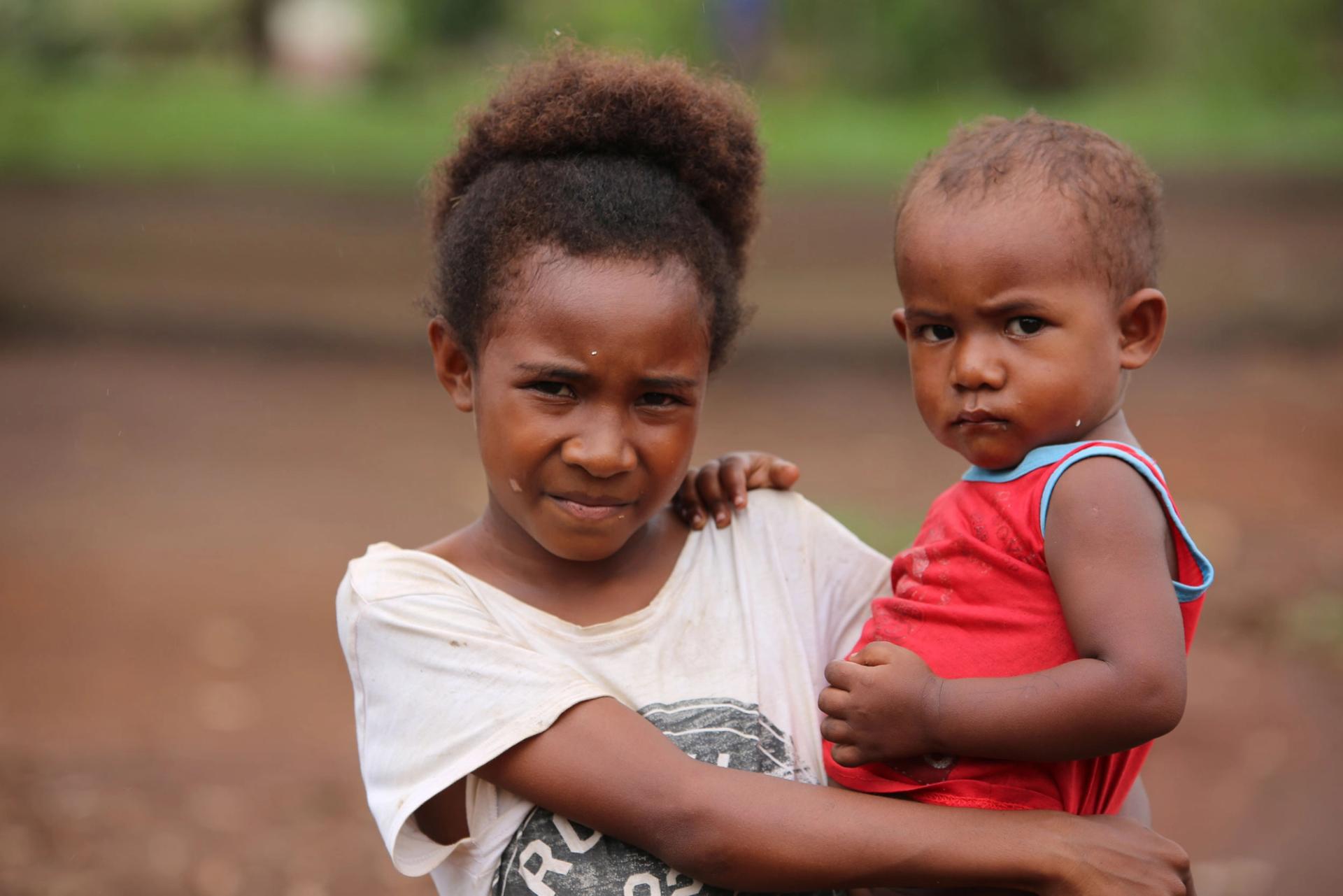Why children and families living in poverty are more heavily affected by the COVID-19 pandemic
6 May 2020
•By Rita


Infectious diseases like COVID-19 can have a detrimental and long-term impact on children in the countries where ChildFund works, communities that are already vulnerable because of poverty.
The COVID-19 pandemic is not only threatening the physical health and wellbeing of children and families, but the hard-fought development advances of the past 20 years. There is a real risk that many communities will back-slide into extreme poverty.
Below we detail why children and families living in poverty need your help more than ever.
1. Children and families living in poverty are less able to absorb the shocks caused by the global response to
COVID-19.
Most of us are experiencing the ripple effects of COVID-19 long before we know someone who gets the virus. For children and their families living in poverty, those ripple effects can be devastating and last a lifetime.
Many low-income jobs involve a lot more interaction with the public and a lot less stability. Parents working in a local market selling goods, for example, are at a higher risk of being exposed to the virus. If the market closes to encourage social distancing, they lose their source of income and, without unemployment benefits, will no longer be able to provide for their children.
A worsening economic situation for families already living in poverty can lead to increases in child labour , child marriage and other child protection issues. The psychological stress on many families is enormous, with many parents losing work and facing an uncertain future. Sadly, this has been accompanied by an increase in domestic violence, with children both experiencing or witnessing abuse in their homes.
